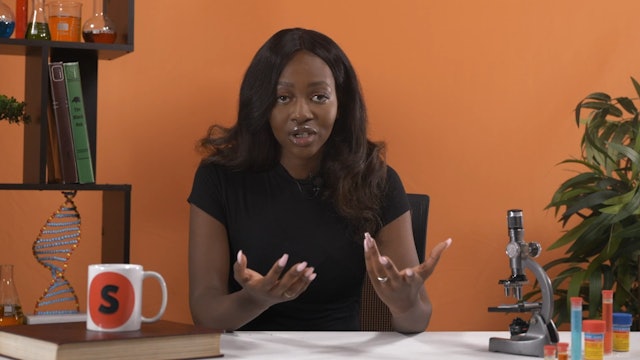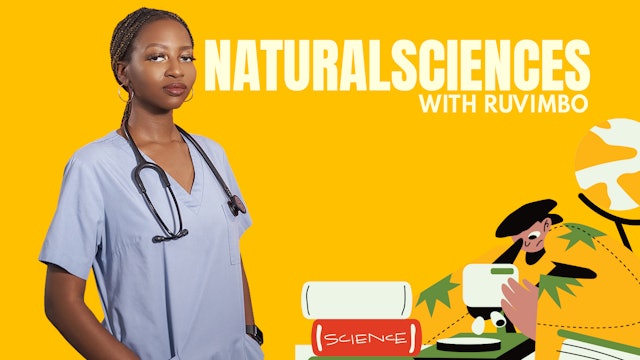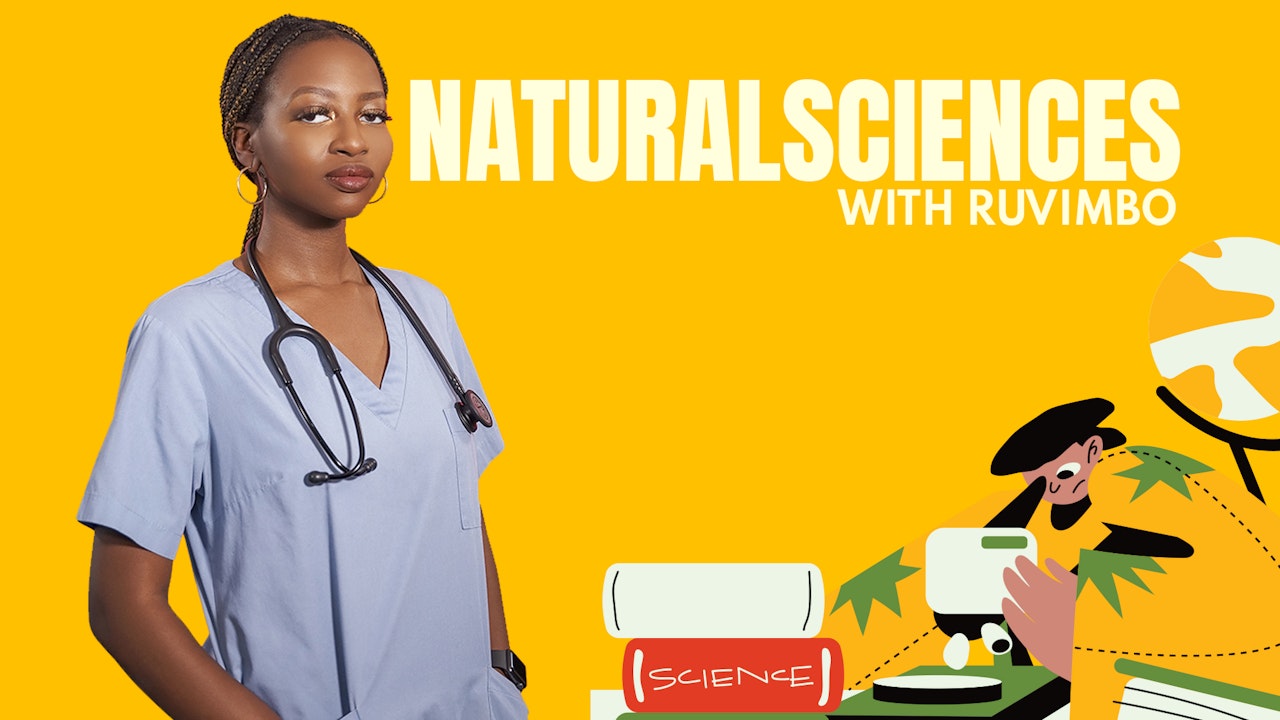Grade 8 Natural Science
4 Seasons
Natural Science takes you through the study of life through scientific investigations, formulating hypotheses and carrying out experiments. The frontiers of the unknown such as why climate change is occurring, are explored. An understanding of natural phenomena and the history of science are also established. Natural Science combines Physical Science and Life Science through topics such as photosynthesis, ecosystems, energy flow, adaptations of animals to different environments, atoms, the particle of matter and chemical reactions. Students learn to interpret information that is unfamiliar and to apply this knowledge to explain patterns, phenomena and relationships in order to solve problems.
-
 09:29Episode 1
09:29Episode 1Photosynthesis
Episode 1
Ever wondered what plants need for energy if we as humans consume food for energy? The answer is a process called photosynthesis. In this lesson we look at the process of photosynthesis, where it takes place and the requirements and the products of the process.
-
 07:33Episode 2
07:33Episode 2Cellular Respiration
Episode 2
The process all plants and animals undergo in order to release the energy from the food they eat is cellular respiration In this lesson we look at how and where it takes place. We discuss the requirements for the process to take place as well as the products that are formed during the process.
-
 10:33Episode 3
10:33Episode 3Ecology and ecosystems
Episode 3
In the ecosystem there are different levels of ecological interaction between populations and communities. In this lesson we look at the different components that we find in ecosystems namely biotic and abiotic components and what their influences are.
-
Interactions between biotic components of an ecosystem
Episode 4
We look at the interaction between biotic components in the ecosystems. The interactions that we focus on include symbiosis, competition and feeding relationships in the ecosystems
-
 09:37Episode 5
09:37Episode 5Energy flow in ecosystems
Episode 5
We shift focus on the flow of energy through ecosystems. We look at food chains and food webs and how these are used to illustrate the flow of energy through the ecosystem. We also look at ecological pyramids and the different trophic levels, and how we can draw these pyramids from the food chain...
-
Balance in ecosystems and adaptation of animals to environmental changes
Episode 6
Balance in the ecosystem is quite important, especially how the balance can be disturbed by natural and human factors. Let us look at the different types of adaptations that animals develop in order to survive in extreme environments
-
Balance in an ecosystem and adaptations of organisms to environmental changes
Episode 7
In order for organisms to survive in extreme environments organisms will develop certain adaptations. These adaptations can be structural, functional or behavioural. We look at plants and animals who work in similar ways.
-
 10:56Episode 8
10:56Episode 8Different types of microorganisms
Episode 8
Microorganisms are extremely small living organisms that can be found in many places around us. In this lesson we will study their harmful and useful characteristics.
-
Scientific skills - The Scientific method
Episode 9
Scientists live in a world with unanswered questions and it’s their duty to research and find the right answers. By the end of this lesson you will be able to use the scientific method to evaluate the physical and natural phenomena around us.






